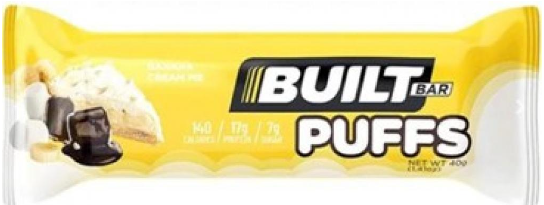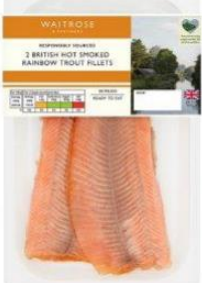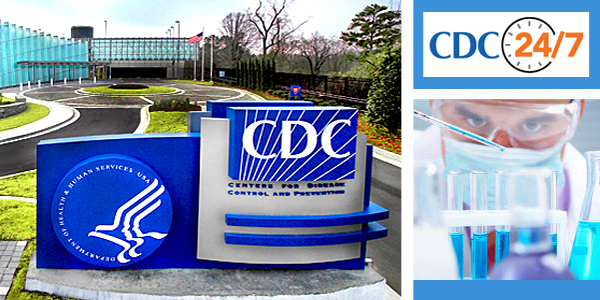Severe thunderstorms and heavy rains in the Sturgis area overwhelmed the city’s stormwater and resulted in flooding in parts of the city, including areas of the Abbott plant. As a result, Abbott stopped the production of infant formula again. The company will re-sanitize the plant, and production will likely resume in a few weeks. This will likely delay the production and distribution of new products for a few weeks. Abbott had just reopened the plant on June 4. Production of EleCare — formulated for infants with allergies to cow’s milk – had been stopped at the Sturgis plant since February when the plant closed following a Cronobacter sakazakii contamination. Abbott says it is nearly back at the production level of formula it saw in January despite the Sturgis plant being out of service. @ https://www.npr.org/2022/06/16/1105488061/baby-formula-plant-abbott-closed-flooding




